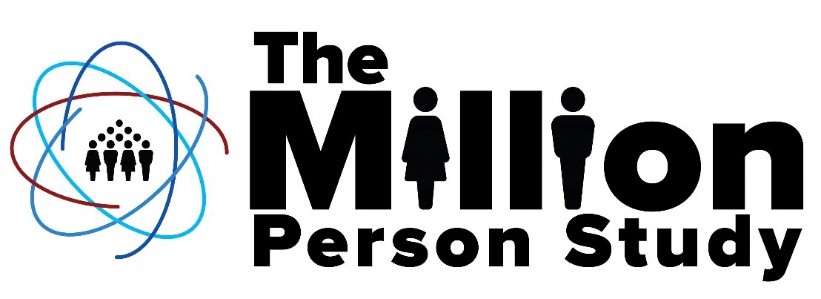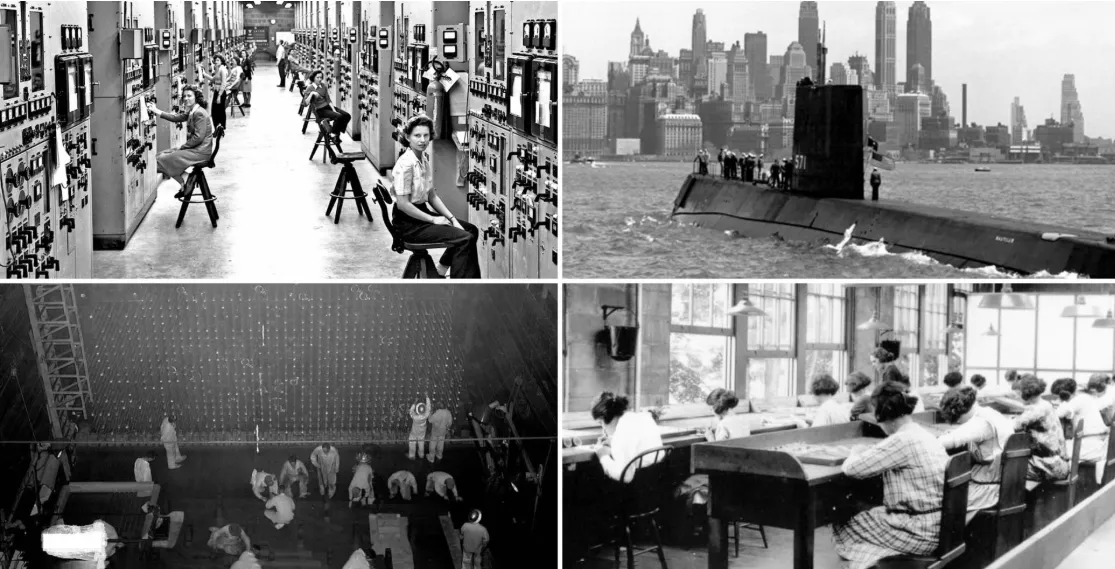The U.S. Million Person Study of Low-Dose-Rate Health Effects

From Nuclear Newswire (June 27, 2025)
There is a critical knowledge gap regarding the health consequences of exposure to radiation received gradually over time. While there is a plethora of studies on the risks of adverse outcomes from both acute and high-dose exposures, including the landmark study of atomic bomb survivors, these are not characteristic of the chronic exposure to low-dose radiation encountered in occupational and public settings. In addition, smaller cohorts have limited numbers leading to reduced statistical power.
The Million Person Study of Low-Dose-Rate Health Effects (MPS) is one of the largest radiation occupational studies designed specifically to provide understanding of late health effects from chronic radiation exposures. It has been ongoing for 20 years and includes only U.S. workers and veterans, within 30 epidemiologic subcohorts. The MPS has published more than 100 articles to date in the peer-reviewed scientific literature and is implemented by a team of radiation scientists using consistent epidemiologic methods while following precise dosimetry guidelines for determining organ-specific radiation doses from low-LET (linear energy transfer) external radiation, neutrons, and intakes of radionuclides.
To read the entire article, visit Nuclear Newswire’s website. Learn more about ORISE’s specific role in the Million Person Study, including which ORISE staff members have co-authored published research supporting the long-term study.

Clockwise from top left: Calutron operators at their panels in the Y-12 plant at Oak Ridge, Tenn., the USS Nautilus SSN571, women working in a factory of the United States Radium Corporation, and the front face of the B Reactor at the Hanford site. Photo credit: Nuclear News
Media Contacts
Pam Bonee
Director, Communications
Phone: 865.603.5142
pam.bonee@orau.org
Wendy West
Manager, Communications
Phone: 865.207.7953
wendy.west@orau.org
The Oak Ridge Institute for Science and Education (ORISE) is a U.S. Department of Energy (DOE) asset that is dedicated to enabling critical scientific, research, and health initiatives of the department and its laboratory system by providing world class expertise in STEM workforce development, scientific and technical reviews, and the evaluation of radiation exposure and environmental contamination.
ORISE is managed by ORAU, a 501(c)(3) nonprofit corporation and federal contractor, for DOE’s Office of Science. The single largest supporter of basic research in the physical sciences in the United States, the Office of Science is working to address some of the most pressing challenges of our time. For more information, please visit science.osti.gov.

